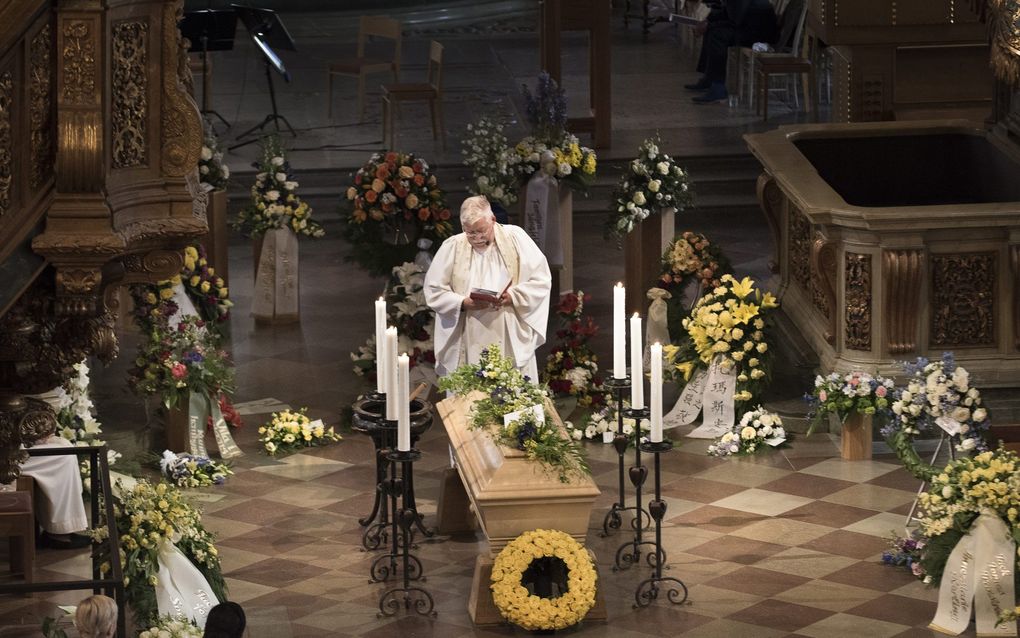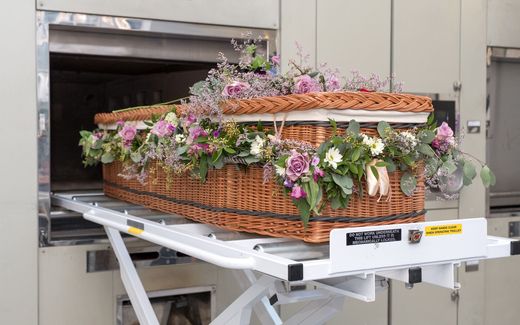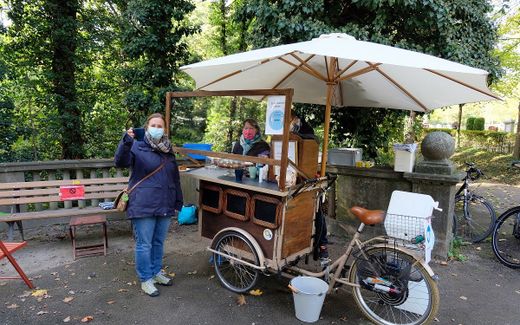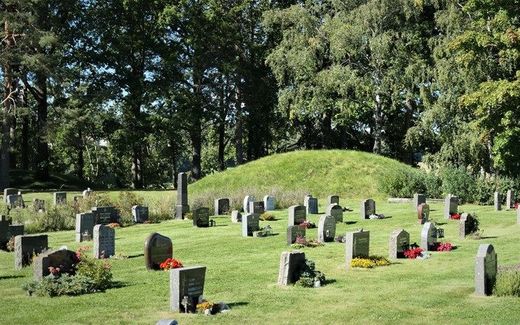Church of Sweden wants to open their own funeral parlours

Swedish funeral service in the Storkyrkan cathedral in Stockholm. Photo EPA, Dan Hansson
Northern Europe
The next church meeting of the Church of Sweden will decide whether the Church of Sweden can open their own funeral parlours. The plan is disputed.
Opening up funeral parlours is the only way to keep alive the ecclesiastical funeral traditions, pastor Henrik Rydberg says to Dagen. "We can do the funeral business as a church as well", Rydberg states. "After all, we have lifelong relationships with people where we are with them from the cradle to the grave. So why should we not do it? It is simple. We meet the relatives before, during and after the funeral."
According to Rydberg, also CEO of one of the Church's funeral homes, funeral traditions are rapidly changing in Sweden. Civil and non-religious funerals are gaining ground, while the number of church funerals is declining rapidly. The pastor believes funeral parlours even steer towards civil burials as they are becoming more popular than church funerals.
Competitor
However, the plan of the Church of Sweden to open funeral parlours is disputed. Other funeral homes are afraid of unequal competition, as the Church of Sweden is in charge of the funeral business in the country. "It is utterly crazy that the Church of Sweden, which is appointed by the state as the head of the funeral business, should be able to decide being allowed to run its own funeral agency business. It is competition on unequal terms and, in our opinion, completely wrong, Peter Göransson says. He is the head of Fonus, representing a third of Sweden's funeral industry.
It is wrong to conduct business activities in an area so close to where you are an authority, Ulf Lernéus, federal director of SBF (association for private funeral homes), says to Dagen. When someone dies in Sweden, the funeral home has to call the Church of Sweden to arrange the burial or cremation. "So, in the future, we need to call a competitor to get this information to complete the assignment", Lernéus says. "This alone tells us that the combination of authority and business activity is unhealthy", he adds.
Profit
The funeral business can produce a decent amount of profit. For example, the funeral home of Henrik Rydberg made almost 1.5 million Swedish crones last year. "You only need to put yourself a little below the competition, and you still earn quite a lot of money because we have all the accommodations for free that funeral parlours are looking for, Rydberg tells Dagen. Yet, he quickly adds that the Church does not start the parlours to make money. "We will do it to help the parishioners who want help from the church with this too."
Critics argue that the Church should lose its authority in the funeral field if they start special funeral parlours. Henrik Rydberg is not concerned, however. He says that municipalities will have to take over the authority and that this would lead to many problems. "If the Church of Sweden loses its principalship, the congregations will be able to charge for the same thing as they do today without a profit interest as a principle. And then we can set a price that makes us earn more than we do today."
Change
The debate on ecclesiastical funeral parlours is not new. It started in 2004 when the church meeting rejected a motion to that end. In 2009, it established that parishes are allowed to run business activities but excluded funeral homes from that. Since then, several investigations have taken place to see if there was a way to include funeral activities in the clause. In 2022, an organisation committee approved the funeral agencies of the Church of Sweden on the condition that the church order is changed.
Related Articles






